Home>Garden Essentials>What Is In Bird Seed
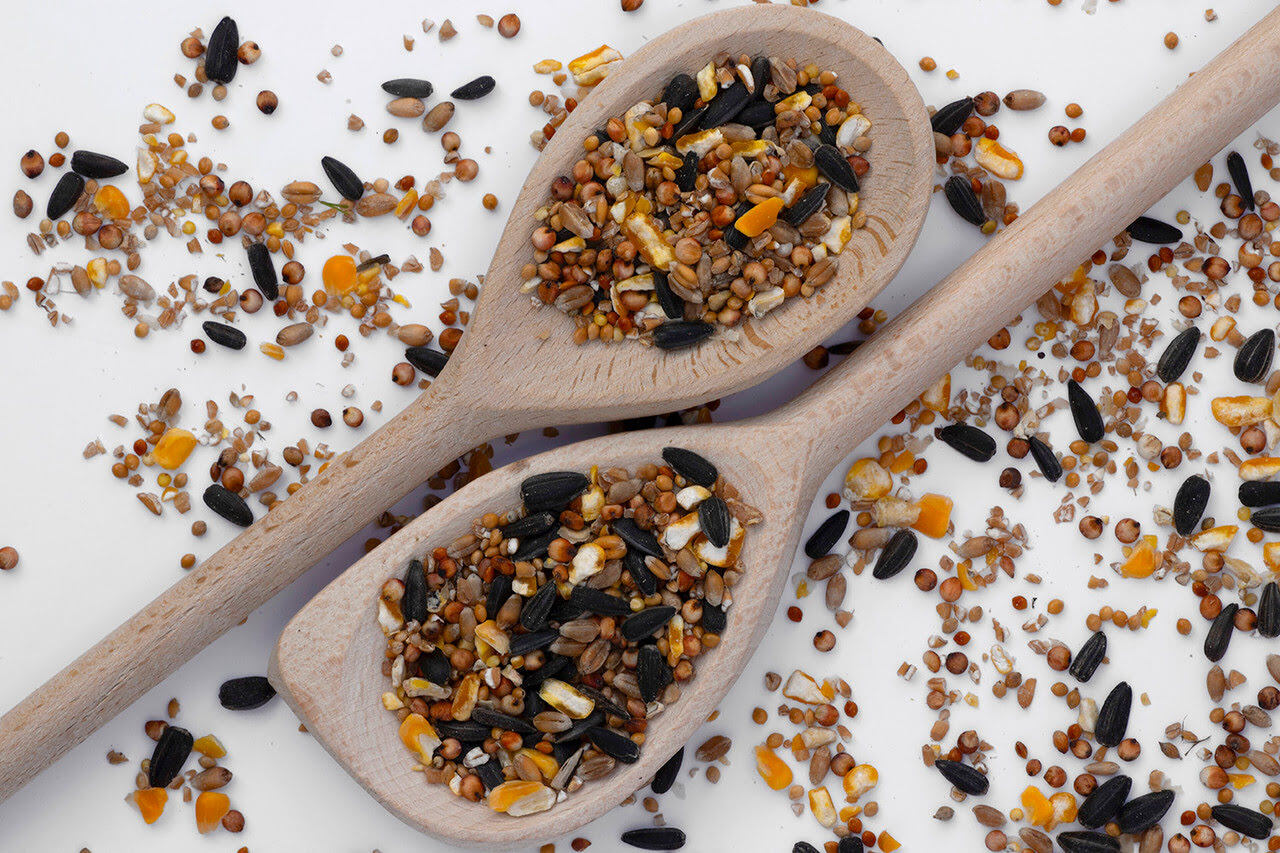

Garden Essentials
What Is In Bird Seed
Modified: September 1, 2024
Discover what is in bird seed for a flourishing garden. Learn about the perfect blend of nutrients and ingredients for attracting feathered friends to your outdoor space.
(Many of the links in this article redirect to a specific reviewed product. Your purchase of these products through affiliate links helps to generate commission for Storables.com, at no extra cost. Learn more)
Introduction
Birds are a wonderful addition to any garden, bringing beauty, song, and a sense of nature to your outdoor space. One way to attract and engage with these delightful creatures is by offering them a variety of bird seeds. But have you ever wondered what exactly is in bird seed?
When you visit a garden supply store, you’ll be greeted with a wide selection of bird seeds, each claiming to be the best for attracting specific bird species. But understanding the types of bird seeds available and their components is essential for making an informed decision on what to offer our feathered friends.
In this article, we will explore the different types of bird seeds, the common ingredients found in bird seed mixes, the nutritional value they provide, and tips on how to choose the right bird seed for your specific avian inhabitants. So, let’s dive in and uncover the secrets hidden inside that bag of bird seed!
Key Takeaways:
- Bird seed types and ingredients vary, attracting different birds. Offer a mix of sunflower, nyjer, and millet to cater to diverse avian tastes and nutritional needs.
- Homemade bird seed mixes allow customization and control over quality. Experiment with blends to attract specific bird species and enjoy the satisfaction of nourishing your feathered visitors.
Read more: What Can You Feed Birds Besides Bird Seed
Types of Bird Seed
There are several types of bird seed available in the market, each catering to the dietary needs and preferences of a wide range of bird species. Understanding these different types of bird seed can help you attract the specific birds you desire in your garden. Let’s take a closer look:
- Sunflower Seeds: Sunflower seeds are a popular choice among bird enthusiasts. They are highly nutritious and loved by a variety of birds, including cardinals, chickadees, and finches. Sunflower seeds come in various forms, such as black oil sunflower seeds, striped sunflower seeds, and sunflower hearts.
- Nyjer (Thistle) Seeds: Nyjer seeds, also known as thistle seeds, are tiny, oil-rich seeds that are favored by finches, including goldfinches and siskins. They provide high energy and are best offered in specialized nyjer feeders with small mesh openings.
- Millet: Millet is a small, round seed that comes in both red and white varieties. It is a popular choice for ground-feeding birds like sparrows, juncos, and doves. Millet can be offered alone or as part of a seed mix.
- Corn: Whole corn or cracked corn is a common ingredient in bird seed mixes. It is loved by larger birds, such as crows, blue jays, and pigeons. Corn provides carbohydrates and is often used to attract a diverse range of bird species.
- Safflower Seeds: Safflower seeds are an excellent choice if you want to attract cardinals and other desirable birds while deterring squirrels and grackles. These seeds have a bitter taste that many unwanted visitors find unappealing.
- Peanuts: Peanuts are a great source of protein and healthy fats for birds. They are adored by jays, woodpeckers, and nuthatches. Offering peanuts in-shell or as peanut butter suet can provide nourishment and entertainment as birds work to crack them open.
Remember, different bird species have different preferences, so try experimenting with different types of bird seed to see which ones attract the birds you want to welcome into your garden. Often, a combination or mix of several seed types will be most effective in attracting a diverse range of bird species.
Common Ingredients in Bird Seed
Understanding the common ingredients found in bird seed mixes can help you make an informed choice when selecting the right blend for your feathered visitors. While the specific ingredients may vary depending on the brand or type of seed mix, here are some common components you may come across:
- Sunflower Seeds: Sunflower seeds are a staple in many bird seed mixes. They are highly nutritious, packed with protein, healthy fats, and vitamin E. Black oil sunflower seeds are particularly popular, as they have thinner shells that are easier for birds to crack.
- Millet: Millet, especially white proso millet, is commonly found in bird seed mixes. This small seed is highly digestible and favored by many backyard birds, including sparrows, finches, and doves.
- Corn: Whole or cracked corn is another frequent ingredient in bird seed mixes. It provides carbohydrates and is favored by larger birds like crows, blue jays, and pigeons. Be aware that corn can attract unwanted visitors like squirrels and raccoons.
- Wheat: Wheat is often included in bird seed blends as a filler ingredient. While some birds may consume wheat, it is not a preferred choice for many species.
- Milo: Milo, also known as sorghum, is a cereal grain that is sometimes added to bird seed mixes. It is less popular among backyard birds, but some species, like quail and doves, may enjoy it.
- Nyjer (Thistle) Seeds: Nyjer seeds, loved by finches, are often included in specialized bird seed blends. These tiny, oil-rich seeds offer a high energy boost for small birds.
It’s important to read the ingredient label on bird seed mixes to ensure they contain high-quality ingredients without too many fillers or cheap additives. Look for blends that prioritize the use of premium seeds like sunflower, millet, and nyjer, as these will attract a wider variety of birds and provide better nutrition.
Nutritional Value of Bird Seed
Bird seeds are more than just a tasty treat for our feathered friends; they also provide essential nutrients that contribute to their overall health and well-being. Different types of bird seeds offer varying nutritional benefits. Let’s explore the nutritional value of some common bird seed ingredients:
Sunflower Seeds: Sunflower seeds are rich in protein, healthy fats, fiber, and essential vitamins and minerals. They provide birds with a high-energy food source and help support their growth, reproduction, and overall vitality.
Millet: Millet is a good source of carbohydrates and dietary fiber. It supplies birds with sustained energy and aids in digestion. Additionally, millet contains B vitamins that promote feather health.
Corn: Whole or cracked corn is a carbohydrate-rich food that offers birds a quick burst of energy. It also contains small amounts of protein, fiber, and essential minerals like phosphorus and potassium.
Nyjer (Thistle) Seeds: Nyjer seeds provide small birds with an excellent source of high-quality protein, fat, and fiber. These tiny seeds are particularly beneficial during the breeding season when birds require extra energy.
Safflower Seeds: Safflower seeds are low in fat and high in fiber. They offer birds a good source of protein, carbohydrates, vitamins, and minerals. Safflower seeds are an excellent choice for attracting cardinals and other desirable bird species.
Peanuts: Peanuts are packed with protein, healthy fats, and essential nutrients like vitamin E and niacin. They provide birds with a concentrated source of energy and nourishment, making them a favorite among many backyard birds.
When selecting bird seed for your feathered visitors, it’s important to offer a variety of seeds to ensure a well-rounded diet. This helps attract a diverse range of bird species and provides them with the necessary nutrients for optimal health.
When buying bird seed, look for a mix that includes a variety of seeds like sunflower, millet, and safflower. Avoid mixes with fillers like cracked corn or milo, as they are less nutritious for birds.
Choosing the Right Bird Seed for Your Birds
Choosing the right bird seed is essential to attract the specific bird species you want to invite into your garden. Here are some tips to help you select the perfect bird seed:
1. Know Your Local Birds: Research the bird species that are commonly found in your area. Each bird has specific dietary preferences, so understanding the birds in your region will guide you in selecting the appropriate seed.
2. Offer Variety: Birds have different tastes and nutritional needs, so providing a variety of bird seeds will attract a wider range of species. A blend of sunflower seeds, nyjer seeds, and millet is a good starting point.
3. Quality Matters: Choose high-quality bird seed that is fresh and free from dust, debris, and bugs. Look for seeds that are plump, whole, and have a pleasant aroma. Avoid seed mixes that contain excessive fillers, such as wheat or corn.
4. Consider Feeder Types: Different bird feeders accommodate different types of bird seed. Tube feeders with small ports are suitable for offering nyjer seeds, while platform feeders work well for larger seeds like sunflower seeds. Understanding feeder types will help you select the right seed to fill them.
5. Avoid Artificial Additives: Steer clear of bird seed mixes that contain artificial dyes or preservatives. These additives offer no nutritional value and may be harmful to birds. Opt for natural, unadulterated seed blends instead.
6. Monitor Bird Preferences: Keep an eye on which types of seeds are being consumed more quickly by the birds in your garden. This will give you insights into their preferences and help you customize the blend accordingly.
7. Pest Deterrence: If squirrels, raccoons, or other unwanted critters are frequent visitors to your bird feeders, consider using safflower seeds or incorporating squirrel-proof feeders to deter them.
8. Freshness and Storage: Bird seed can lose its nutritional value over time, so purchase in smaller quantities and store it in a cool, dry place. Regularly clean and sanitize your bird feeders to prevent the growth of mold or bacteria.
Remember, it may take time for birds to discover and trust your bird feeders, so be patient. Once they start frequenting your garden, providing a consistent supply of fresh, suitable bird seed will keep them coming back for more.
Read more: What Is The Best Bird Seed
Homemade Bird Seed Mixes
Making your own bird seed mixes can be a fun and cost-effective way to attract birds to your garden. Not only do homemade blends allow you to control the quality of the ingredients, but they also provide an opportunity to customize the mix based on the birds you want to attract. Here are a few ideas for homemade bird seed mixes:
1. Basic Seed Mix: Combine equal parts of sunflower seeds, millet, and cracked corn. This versatile mix will attract a wide variety of birds, including finches, sparrows, and cardinals.
2. Finch Delight: Create a blend specifically designed to entice finches by combining nyjer seeds, fine sunflower chips, and a small amount of finely crushed peanuts. This mix will appeal to goldfinches, siskins, and other finch species.
3. Nutty Treat: Mix together shelled peanuts, sunflower seeds, and chopped almonds or walnuts. This high-protein blend will attract woodpeckers, nuthatches, and jays, who are fond of nuts.
4. No-Mess Blend: To minimize waste and mess, create a mix using hulled sunflower seeds, chopped dried fruits like raisins or cranberries, and peanut hearts. This blend will appeal to a variety of bird species while reducing shell debris.
5. Insect Lovers’ Mix: Combine mealworms, suet, and small amounts of chopped peanuts and dried fruits. This protein-rich blend will attract insect-eating birds such as bluebirds, warblers, and thrushes.
6. Winter Warmer: During colder months, birds need more energy to stay warm. Create a mix with high-fat ingredients like suet, sunflower seeds, cornmeal, and millet to provide them with the necessary calories and warmth.
When making your own bird seed mixes, ensure that the ingredients are fresh and of high quality. Avoid using salted or flavored nuts, as these may be harmful to birds. It’s also important to clean your feeders regularly and discard any moldy or spoiled seeds to maintain the health of the birds visiting your garden.
Experiment with different combinations and observe which blends attract the most activity in your garden. Homemade bird seed mixes are a wonderful way to tailor your offerings to the specific preferences of your local bird population while enjoying the satisfaction of providing a nourishing feast for our winged companions.
Conclusion
Bird seed plays a crucial role in attracting and nourishing the avian visitors to your garden. By understanding the types of bird seed available, the common ingredients found in seed mixes, and the nutritional value they provide, you can make informed choices to create a bird-friendly environment.
When selecting bird seed, consider the preferences and dietary needs of the bird species in your area. Offering a variety of seeds will attract a diverse range of birds, adding vibrancy and beauty to your garden.
Remember to choose high-quality bird seed without unnecessary fillers and additives. Freshness and storage are also important for maintaining the nutritional value of the seed and preventing the growth of mold or bacteria.
If you want to customize your bird seed offerings, consider making your own homemade seed mixes. This allows you to tailor the blend to attract specific bird species and provides an opportunity for a fun DIY project.
By providing the right bird seed, you not only attract a multitude of birds but also support their overall health and well-being. Keep an eye on the feeding habits of your feathered visitors and make adjustments as needed to ensure their satisfaction.
So, next time you gaze out at your garden, imagine the joy that awaits when you offer a buffet of delicious bird seed. Embrace the beauty and wonder of our feathered friends as they grace your garden with their presence.
Remember, every seed you provide is an invitation for a symphony of melodies and a front-row seat to the marvels of nature.
Frequently Asked Questions about What Is In Bird Seed
Was this page helpful?
At Storables.com, we guarantee accurate and reliable information. Our content, validated by Expert Board Contributors, is crafted following stringent Editorial Policies. We're committed to providing you with well-researched, expert-backed insights for all your informational needs.
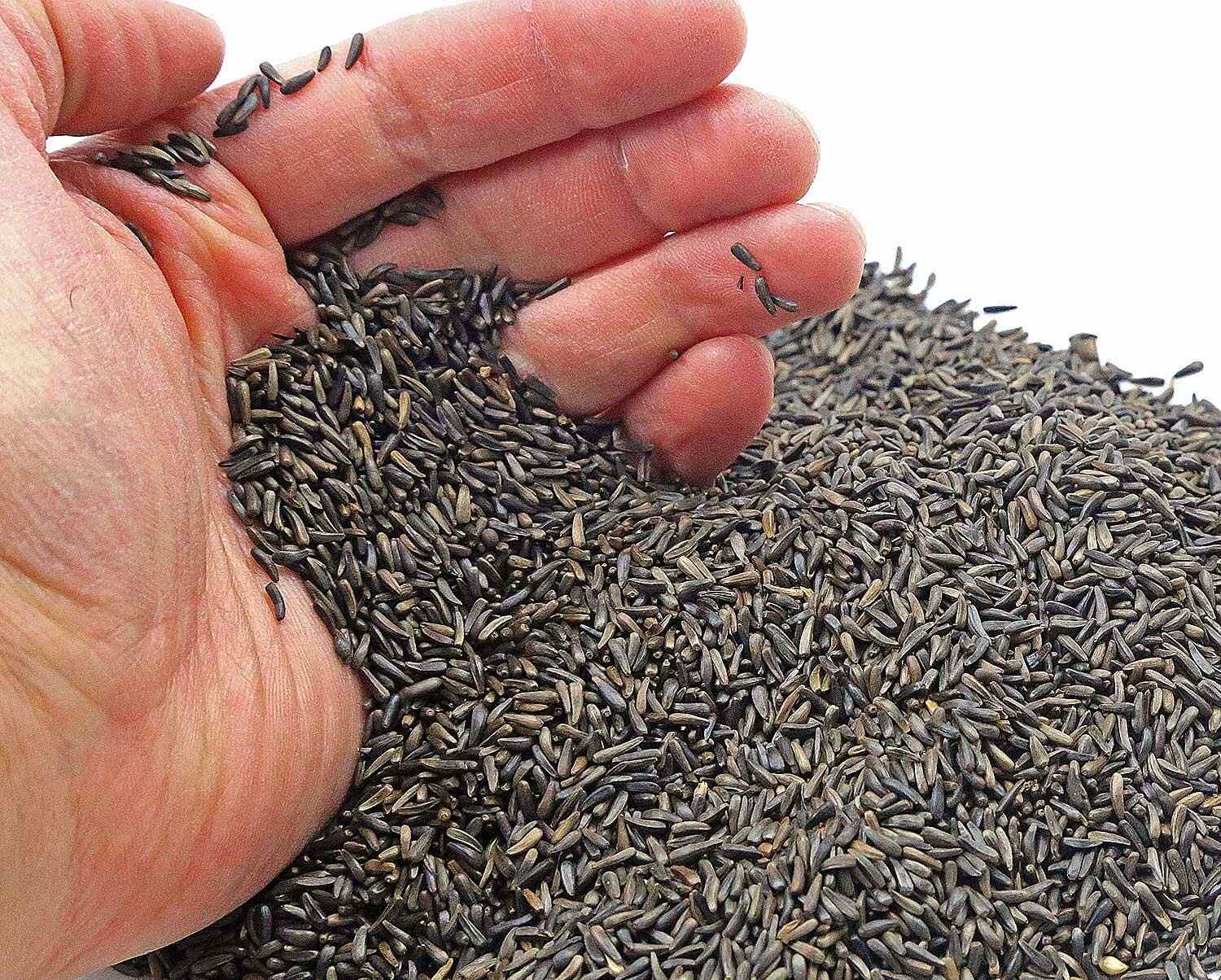
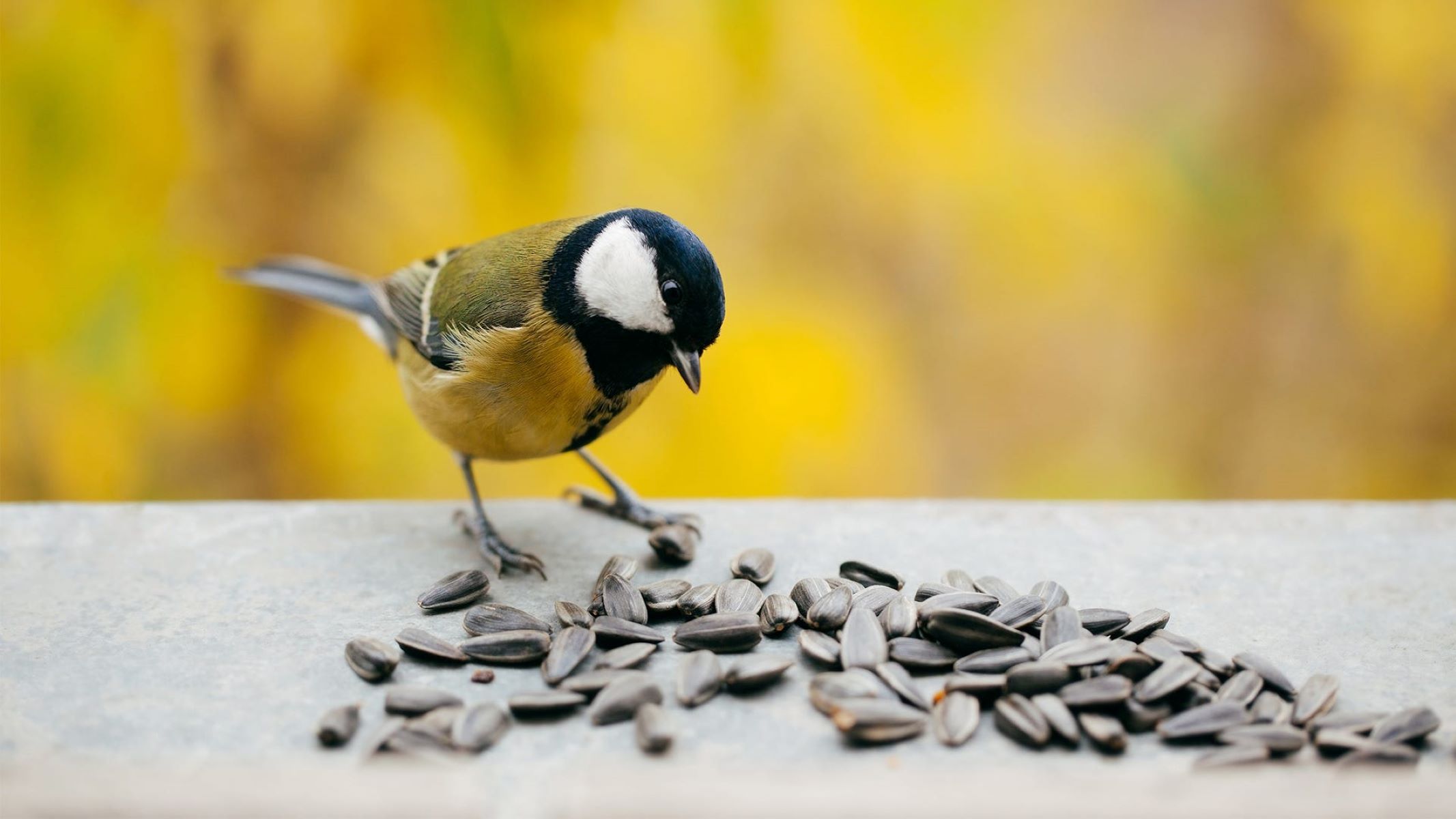
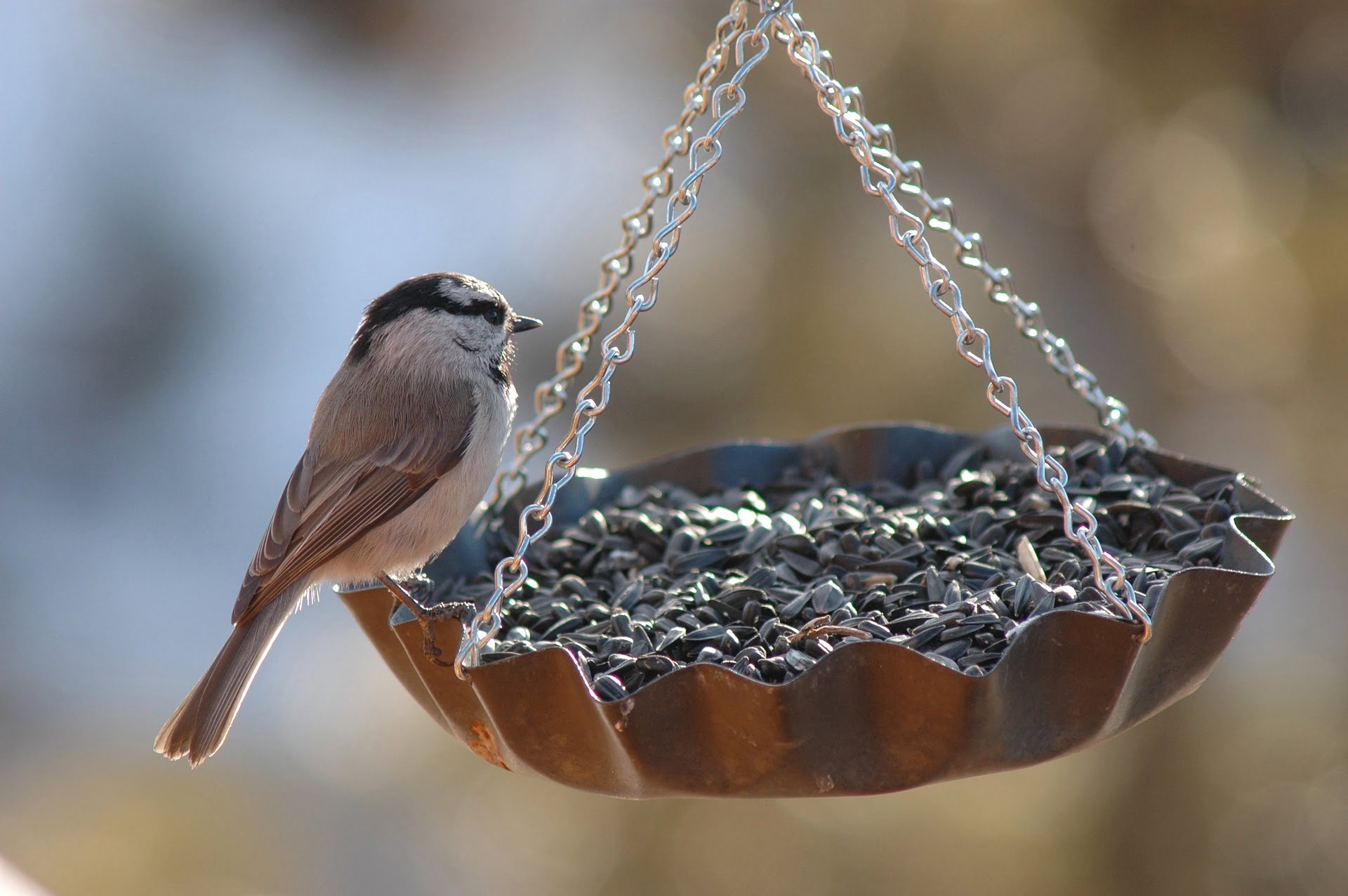
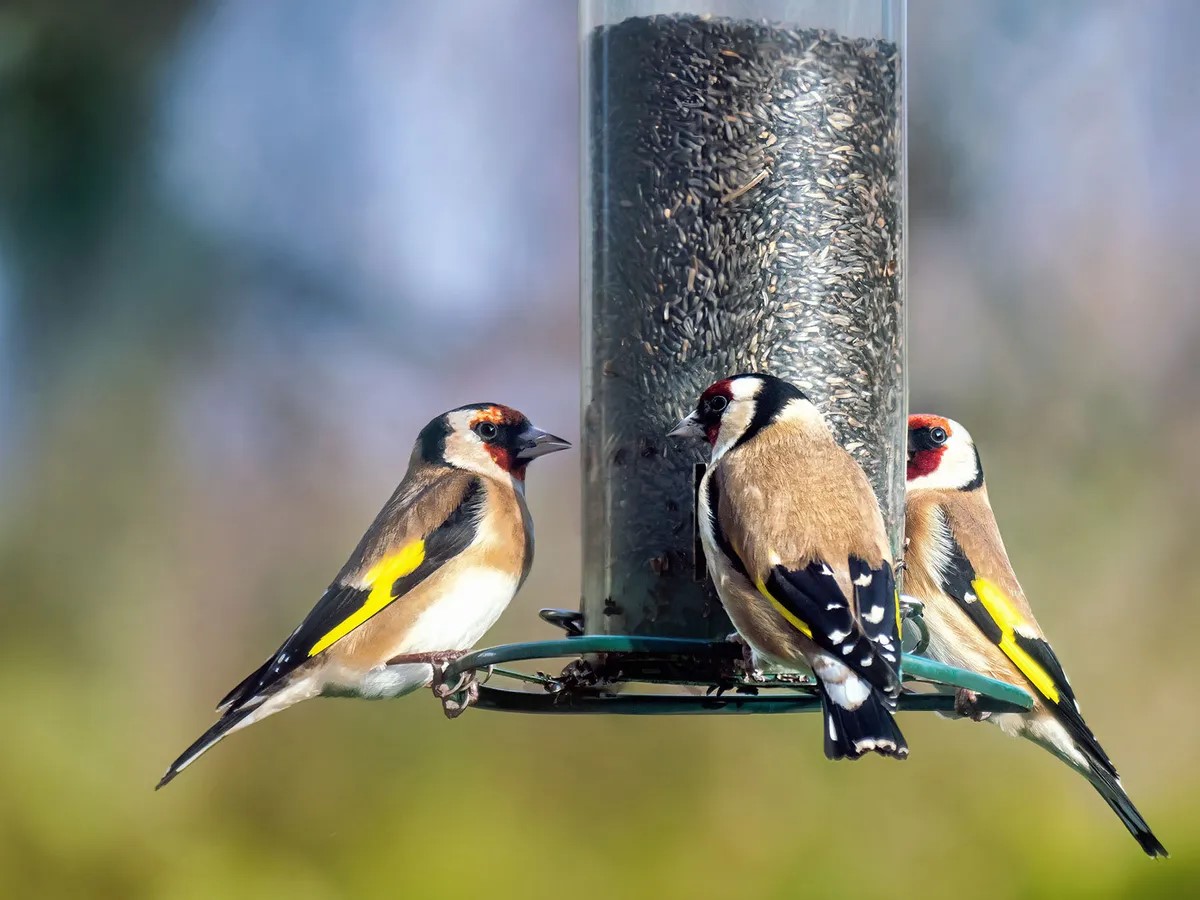
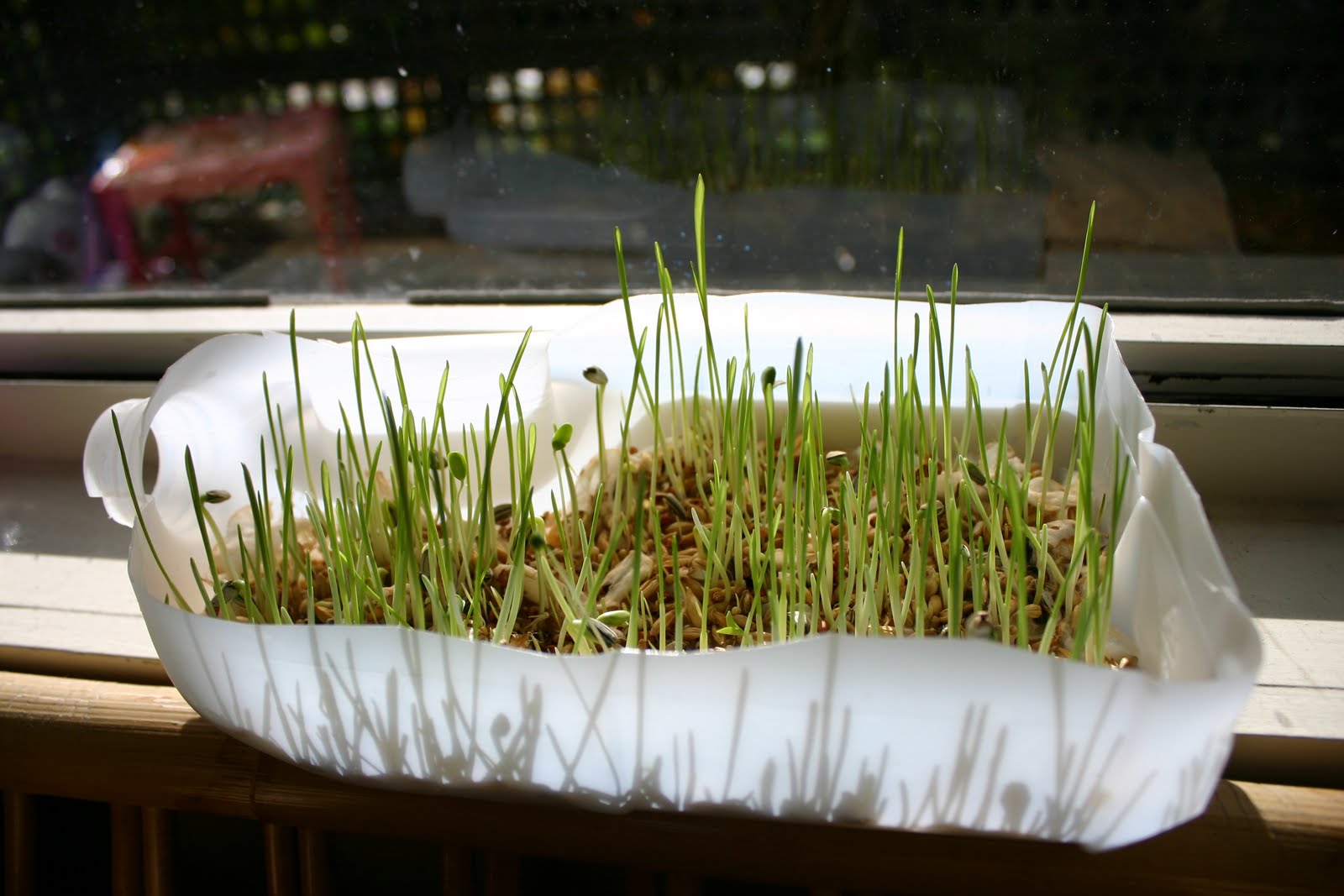
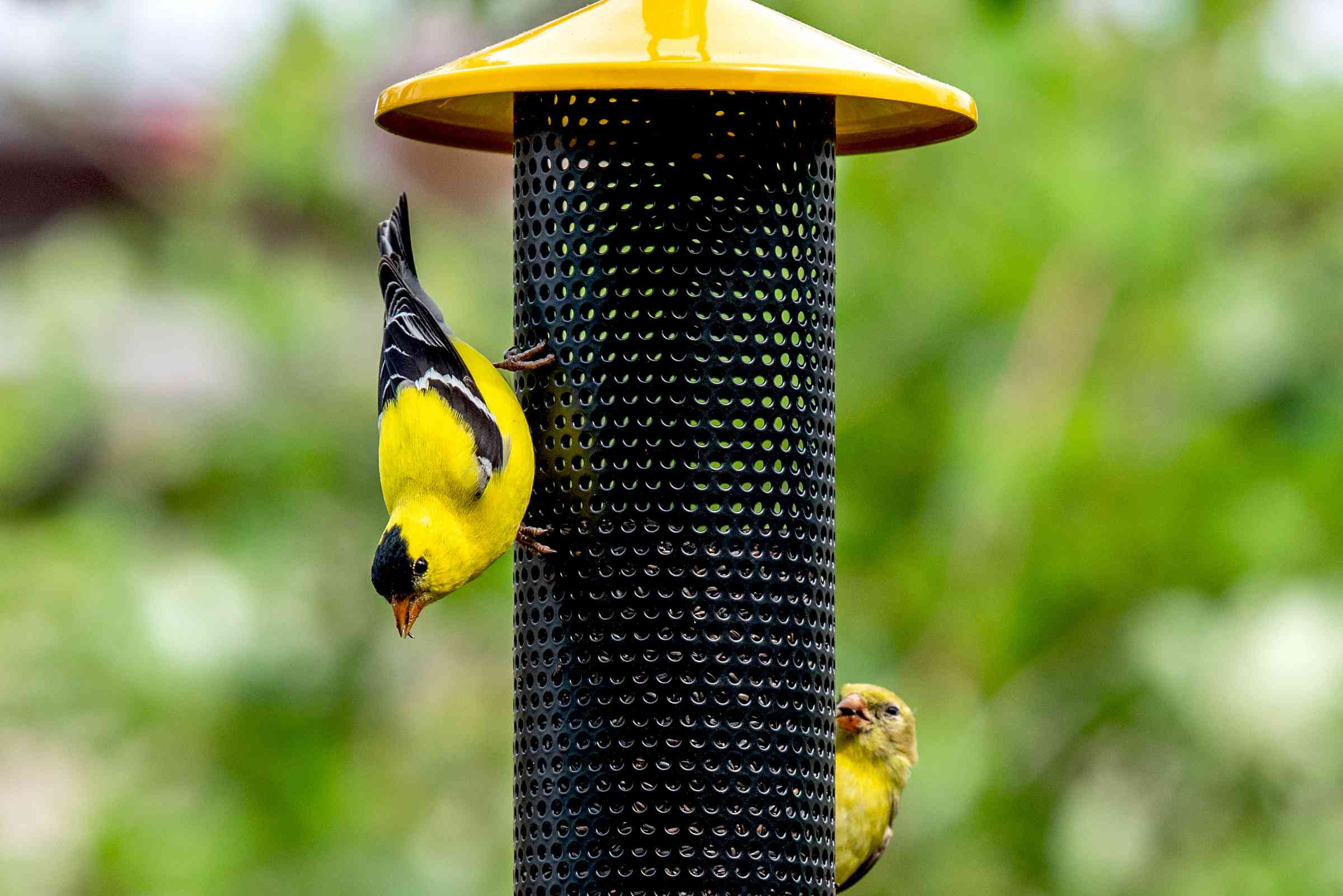
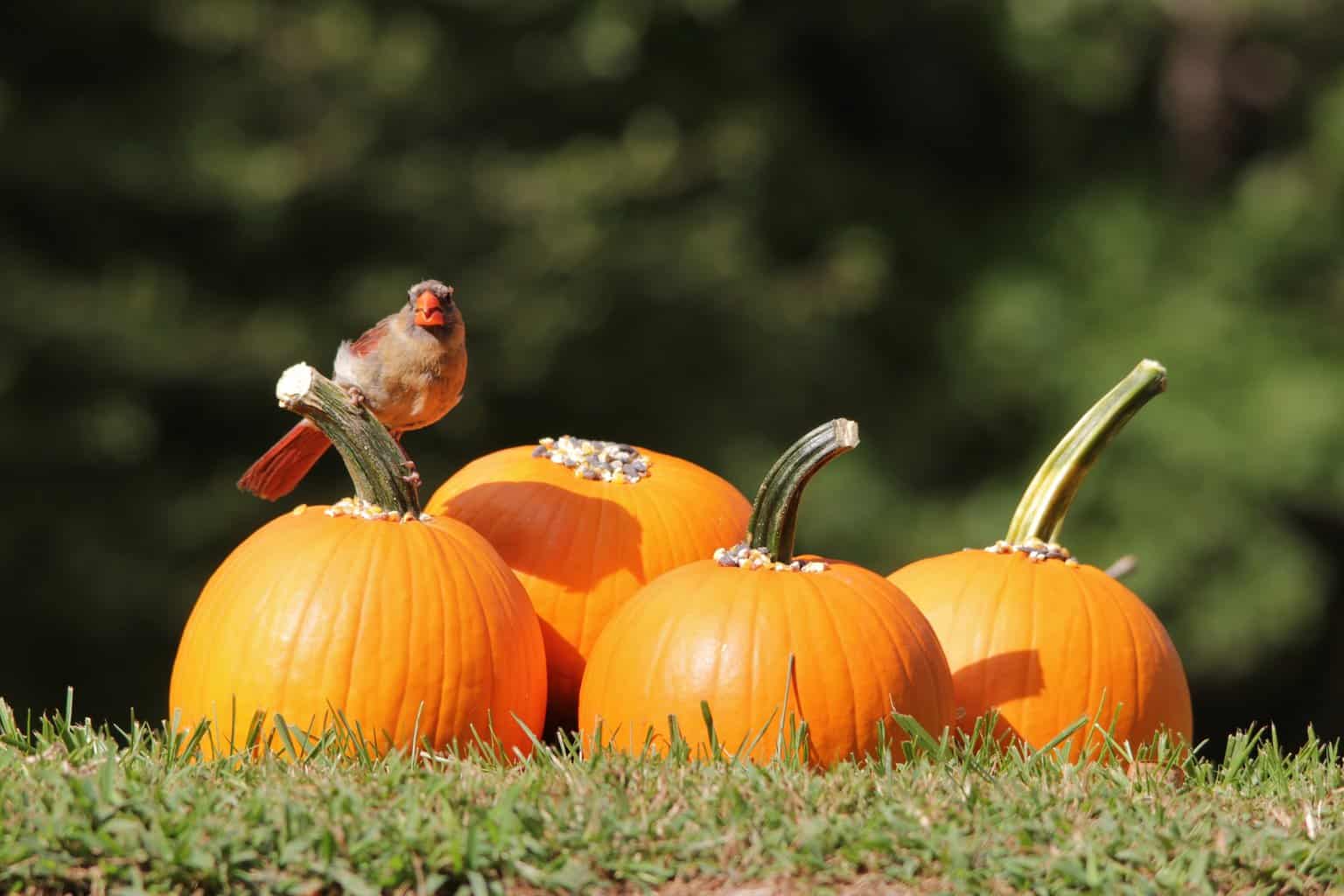
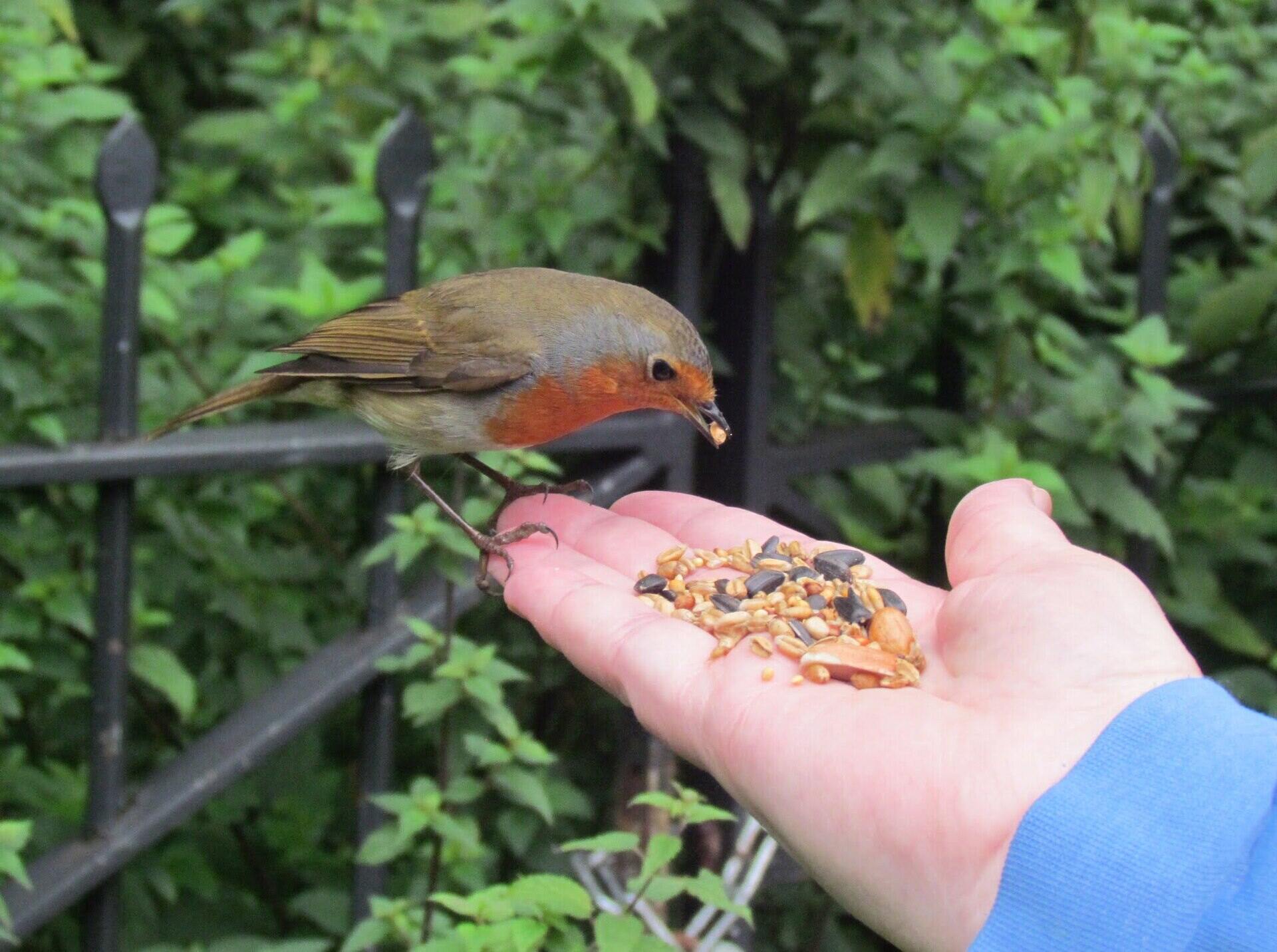
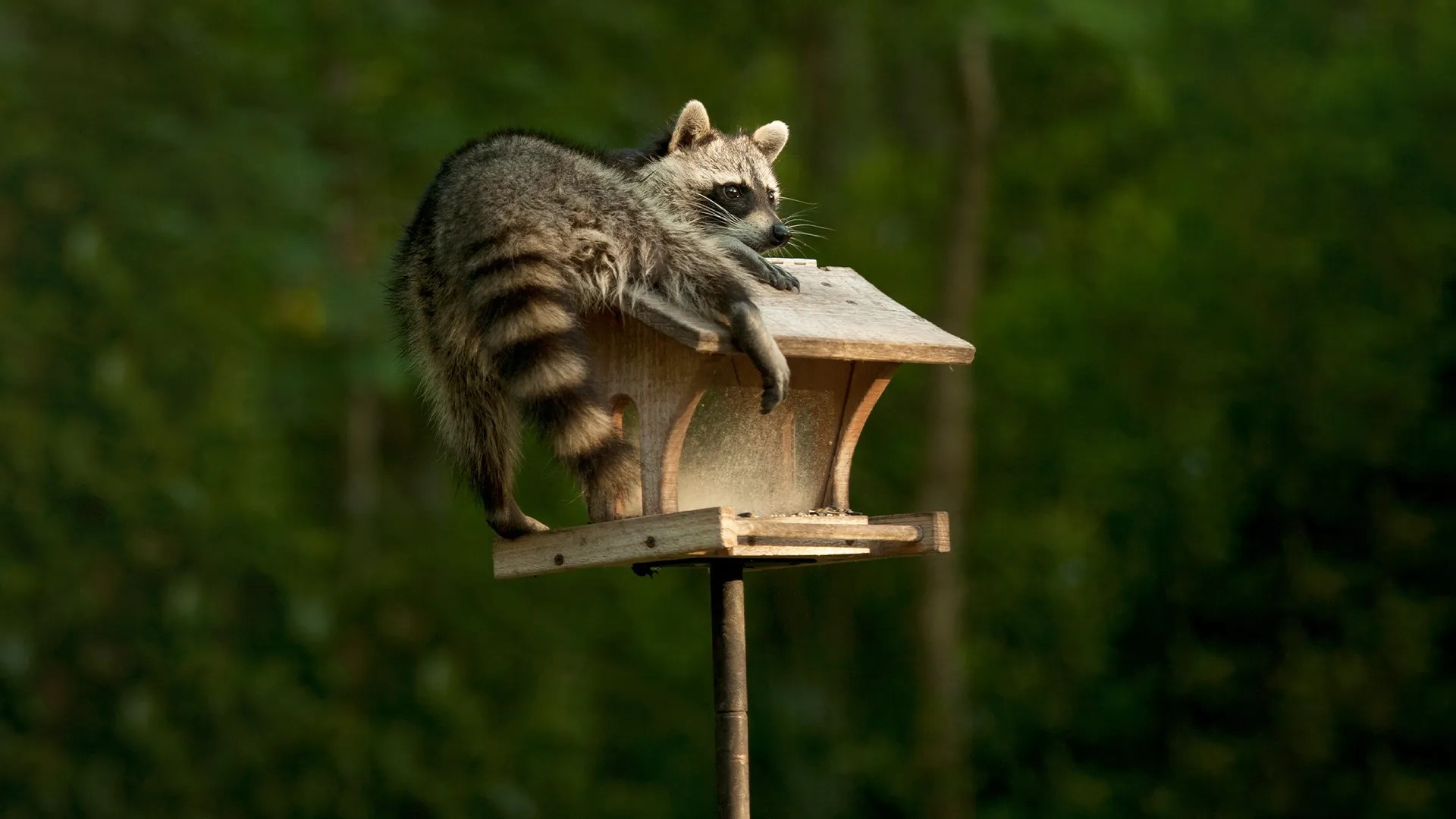

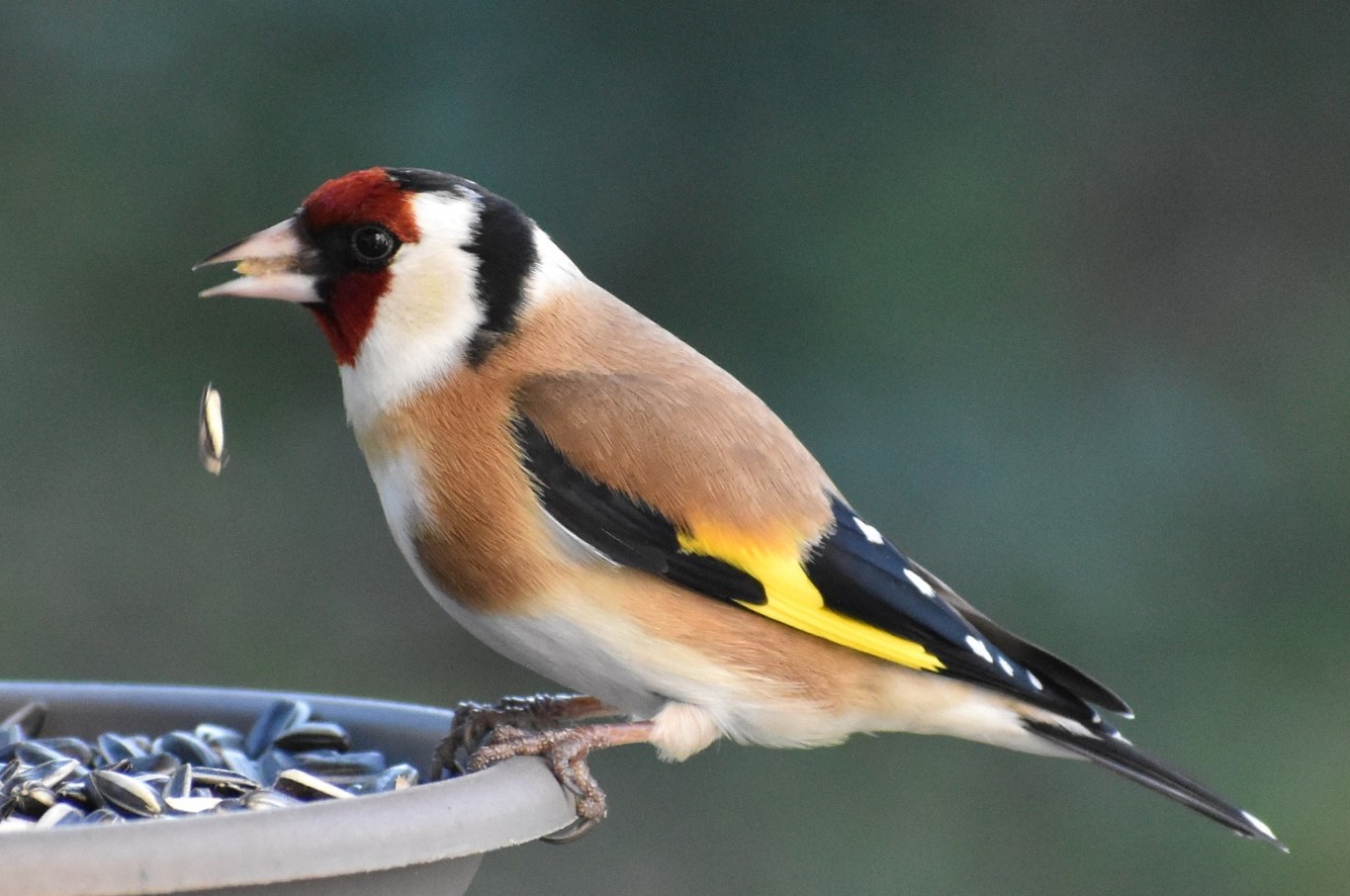
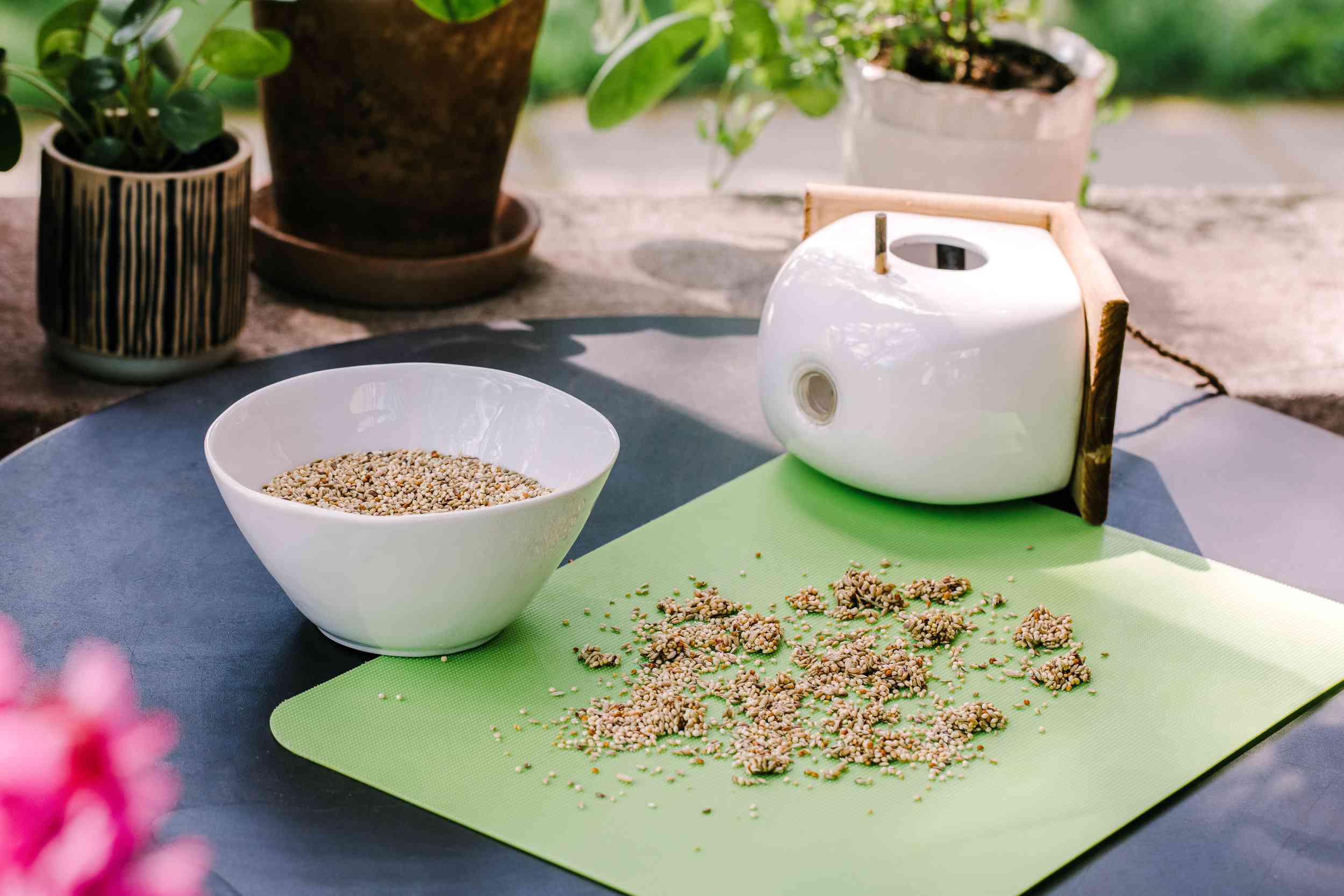
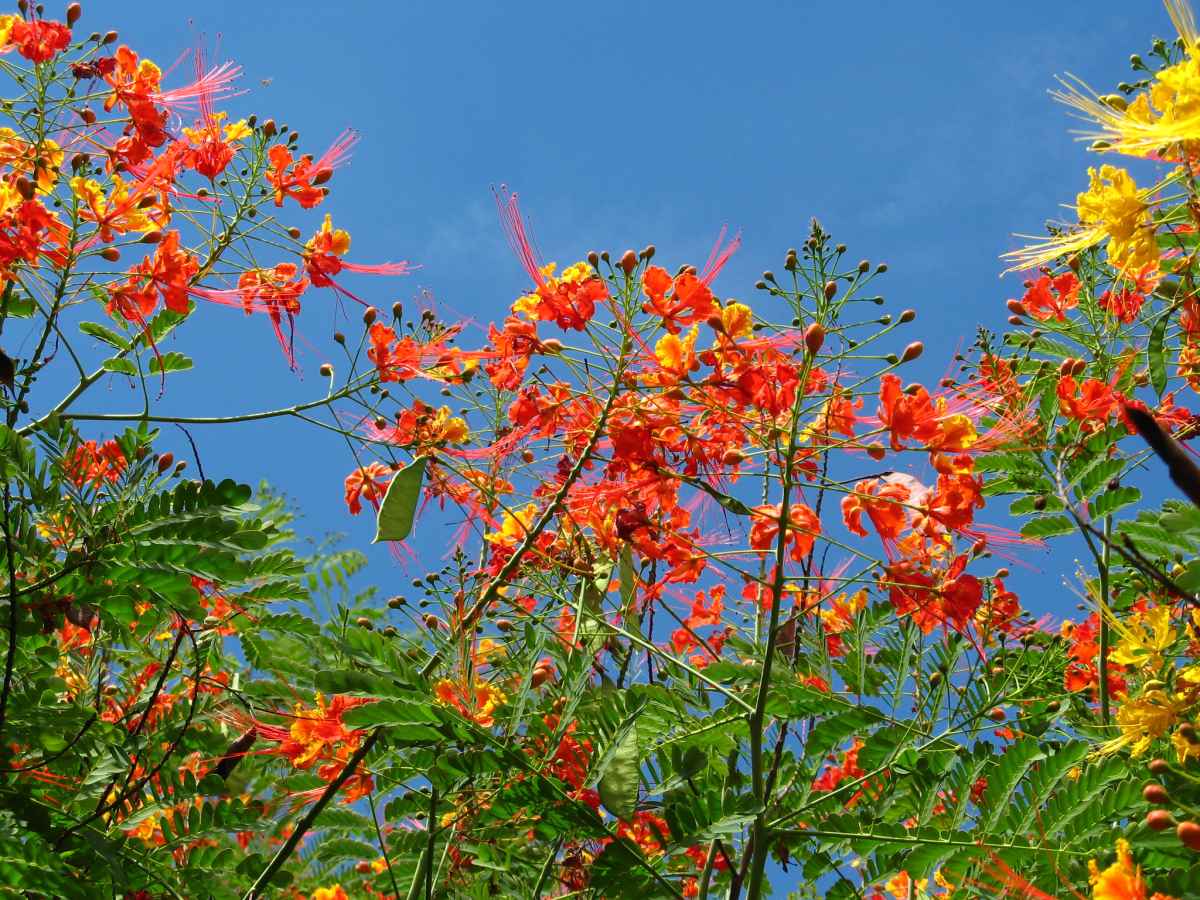
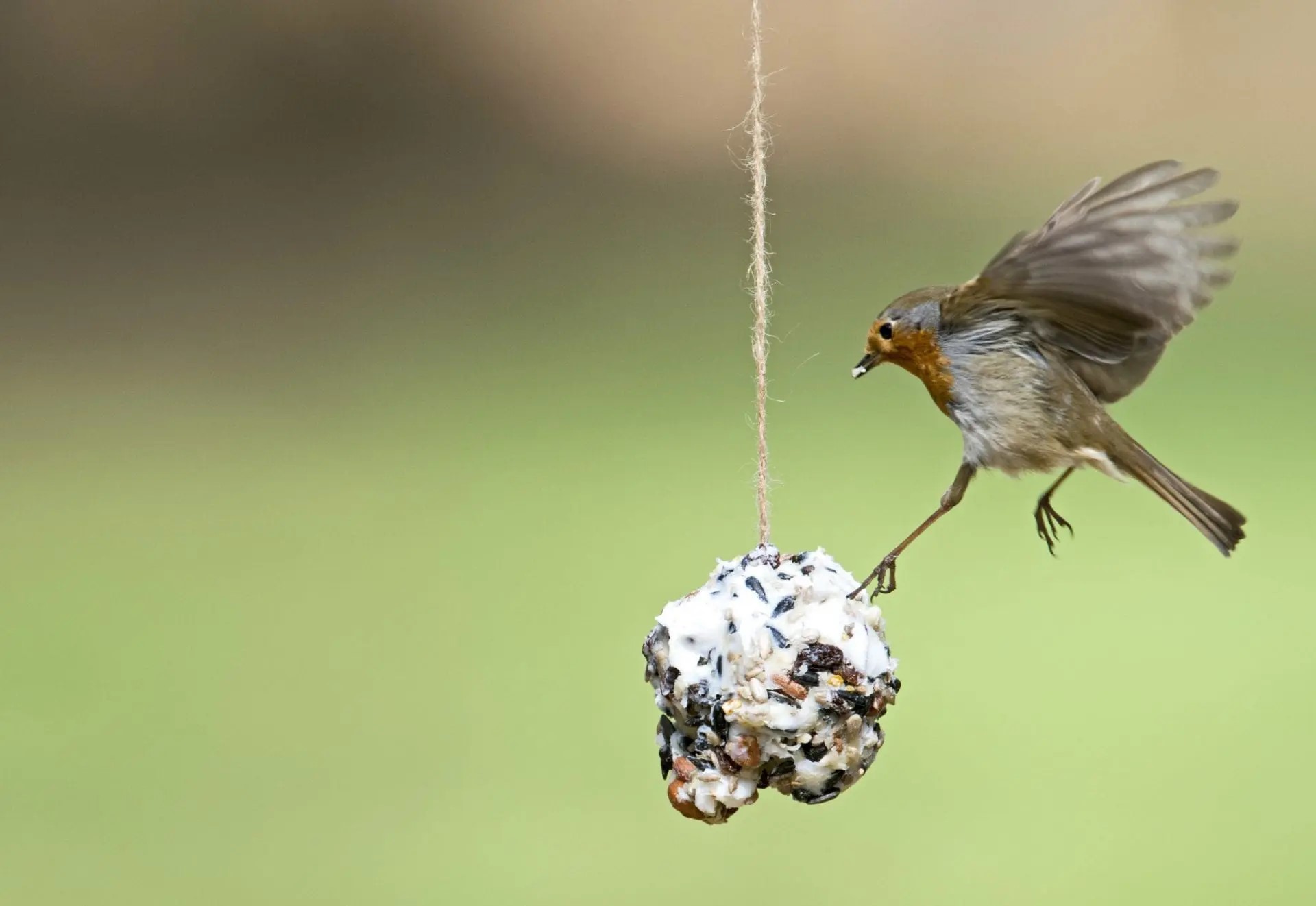

0 thoughts on “What Is In Bird Seed”